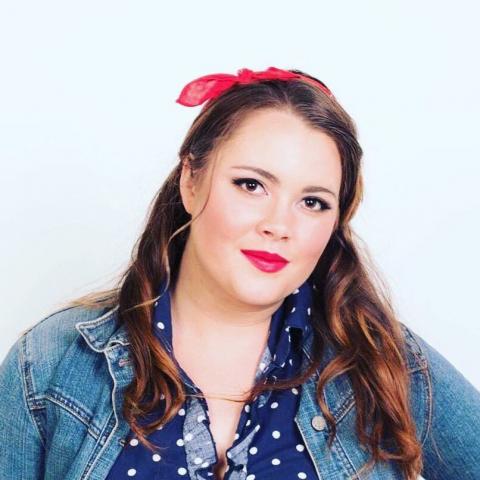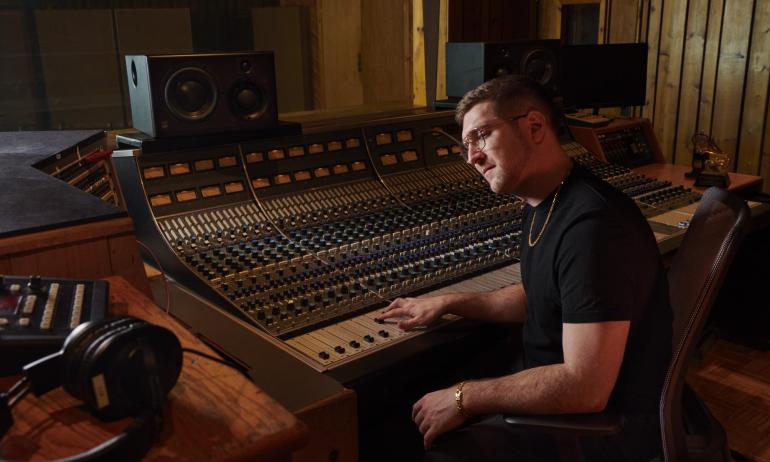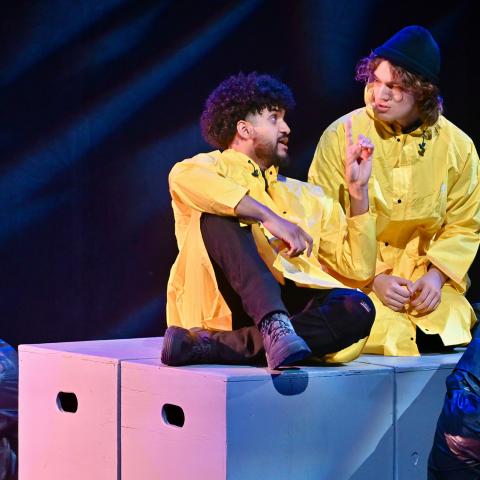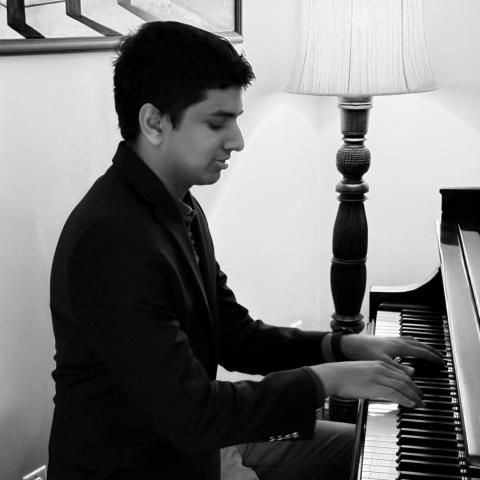Student Spent Summer Helping People Walk, Talk

Eighth-semester music therapy student Megan Griffith
Image courtesy of Megan Griffith
Every summer Berklee students pursue some of the coolest jobs in the music and performing arts industries. In our series Summer Stints we take a quick look at them.
Name: Megan Griffith
Age: 22
Hometown: Washington, D.C.
Job: Music therapy intern at MedRhythms at Spaulding Rehabilitation
This summer, a woman who had been in a car accident that left her unable to walk went to Spaulding Rehabilitation for treatment. The doctors didn't expect that she would ever be able to walk like she did before her injury. But with the help of student Megan Griffith and other music therapists, as well as physical therapists, the woman was walking on her own within a month and a half.
The music therapy team treated the patient with a technique called rhythmic auditory stimulation, which timed her gait to a beat to make it measured and regular. The method is also used for other ambulatory disorders, such as the shuffle that some people with Parkinson's disease develop.
"Seeing [patients] progress from where they started when they first came into the hospital is so inspiring and really propels me forward to be able to want to do this and pursue this as a career and a passion," Griffith, an eighth-semester music therapy student, says.
MedRhythm accepts one intern every six months; Griffith clinched the position earlier this year and started in May. During that time, she's progressed from observer to someone who leads her own sessions. She specializes in treating patients with traumatic brain injuries, and is particularly interested in neurologic music therapy, which uses music to get inside the brain.
"Physical therapy could access those movement centers, whereas music accesses the entirety of the brain," Griffith says.
For example, for people with aphasia, a condition in which someone can understand speech but isn't able to talk, music therapists might use melodic intonation therapy to help a patient speak to a rhythm and melody. In other words, singing to talk.
Griffth's internship wraps up in late November. After she completes her Berklee degree, she plans to go to graduate school to continue her work with brain injury patients, either through pursuing a master's degree in music therapy or by going into a premed program for neuroscience.




